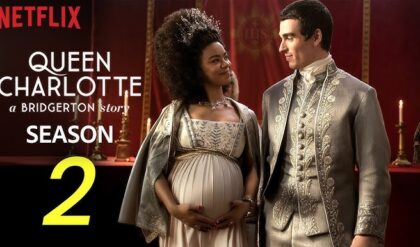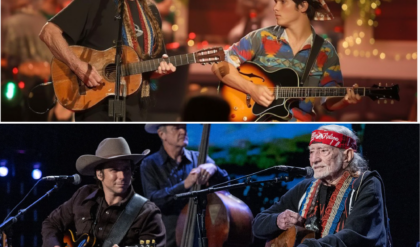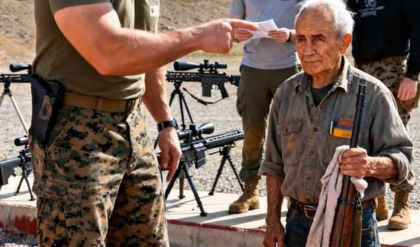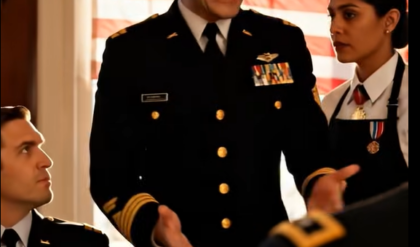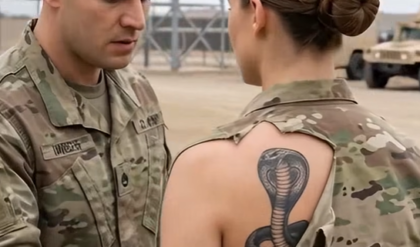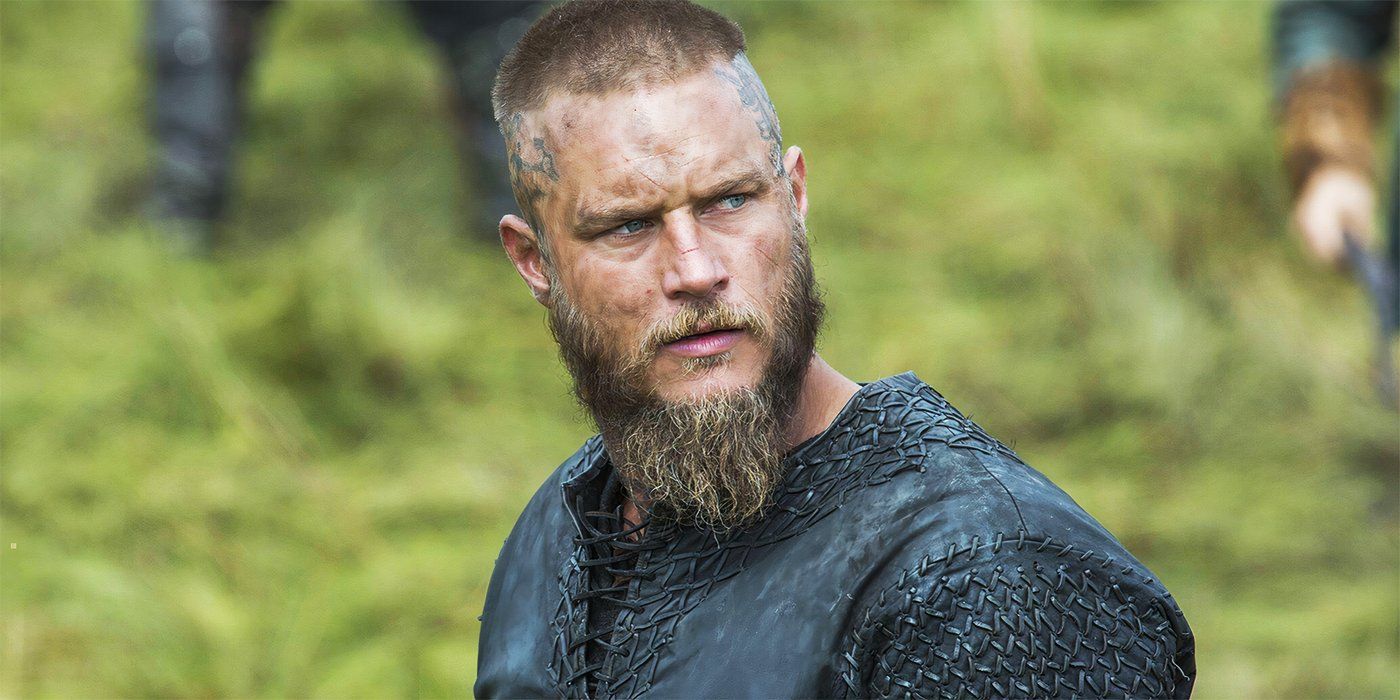
The earliest seasons of Vikings saw the rise and fall of Ragnar Lothbrok (Travis Fimmel), the unfortunate farmer turned warrior-king from Kattegat. His prophesied rise to power delighted fans, who reveled in his brutality as he led his compatriots on raids through England and beyond, earning a place as one of the show’s most beloved characters and making it one of the best TV shows about vikings. His strength and wisdom were an endearing part of his character, which is why it is so hard to accept his gruesome death in a pit of snakes in the show’s fourth season. The mighty king is brought low, a shadow of his former self, both insane and disheveled. Ragnar Lothbrok’s meteoric rise seemed unstoppable, and it was the groundwork he laid that would become fodder for later episodes as the story shifted away from one man’s rise to prominence toward the legacy of his family and the infighting that occurred among his sons as they scrambled for power.
Who Is Ragnar Lothbrok in ‘Vikings’?
Ragnar Lothbrok, as portrayed by Travis Fimmel in Vikings, was the main protagonist of the first four seasons of the series. The character is based on a Viking farmer turned warrior, Ragnar Lodbrok, who raided Ango-saxon villages in England during the 9th century. When the audience is first introduced to Ragnar he is a joyful farmer living a simple life with his wife Lagertha (Katheryn Winnick). Together they have a son, Bjorn (Alexander Ludwig) who will eventually become king in the series’ later seasons. Like every viking, they are both fierce warriors, supplementing the bounty of their farms with the spoils of war from raids on villages. With the spoils from the raids dwindling, Ragnar comes up with a plan to go west to where the Ango-saxon villages lay in wait, undefended. This puts him at odds with the Jarl (Gabriel Byrne), or warlord/chieftain of their home village of Kattegat.
Spurned on by visions of the Norse god Odin standing on a shoreline, Ragnar puts together a crew consisting of Lagertha, his brother Rollo (Clive Standen), his half-crazy pal Floki (Gustaf Skarsgård), who is a gifted ship-builder, and together they sale west. The gambit pays off, and the raids are successful, but this challenge to the Jarl’s supremacy can’t stand, and the two end up fighting to the death in the final episodes of the first season of the show. Ragnar assumes the role as Jarl, eventually becoming king and having many sons. But power, as Ragnar so aptly puts it, is for those who stoop low enough to pick it up. Power corrupts the farmer turned king. He has an affair with Princess Aslaug (Alyssa Sutherland). In the end, with his family divided, sick and insane, Ragnar awaits death by viper pit as he dangles helplessly in a cage. His death marked a shift in focus from the rise and fall of Ragnar, and while the story remains both brutal and compelling after this point, it would never be the same.
What Makes Ragnar Lothbrok Such a Great Character?

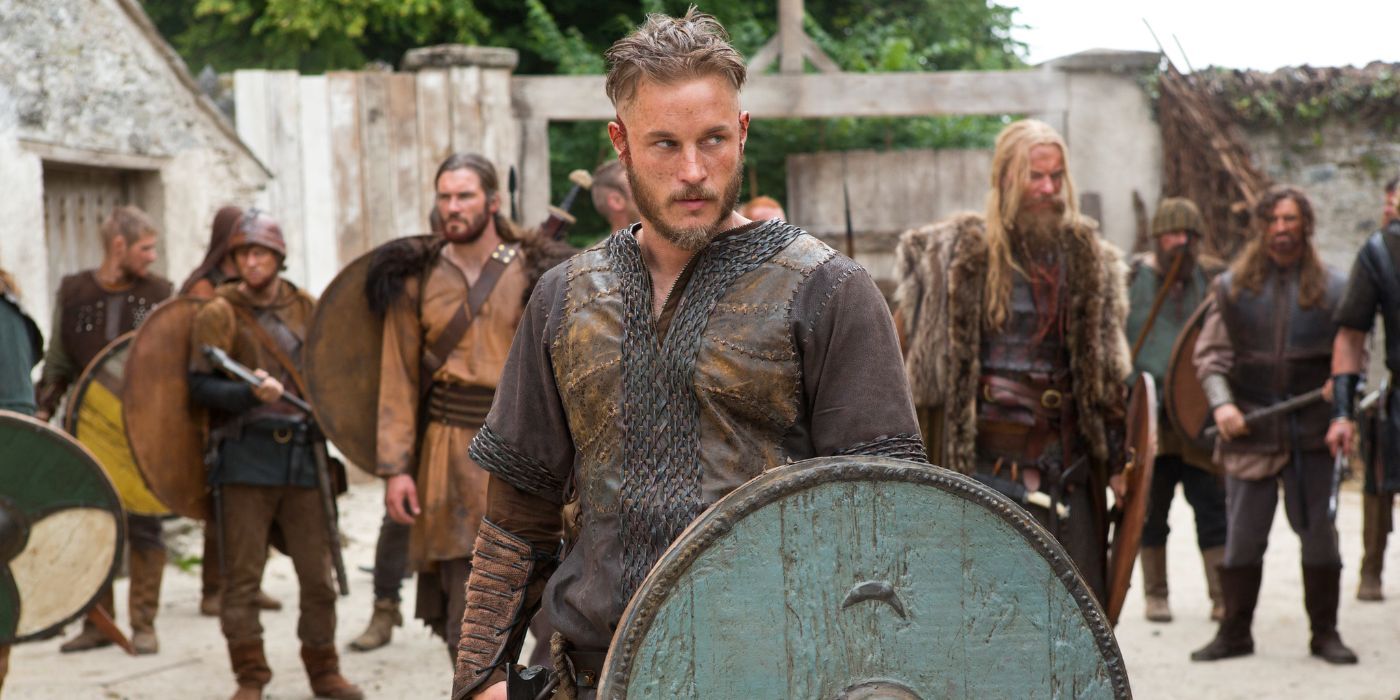
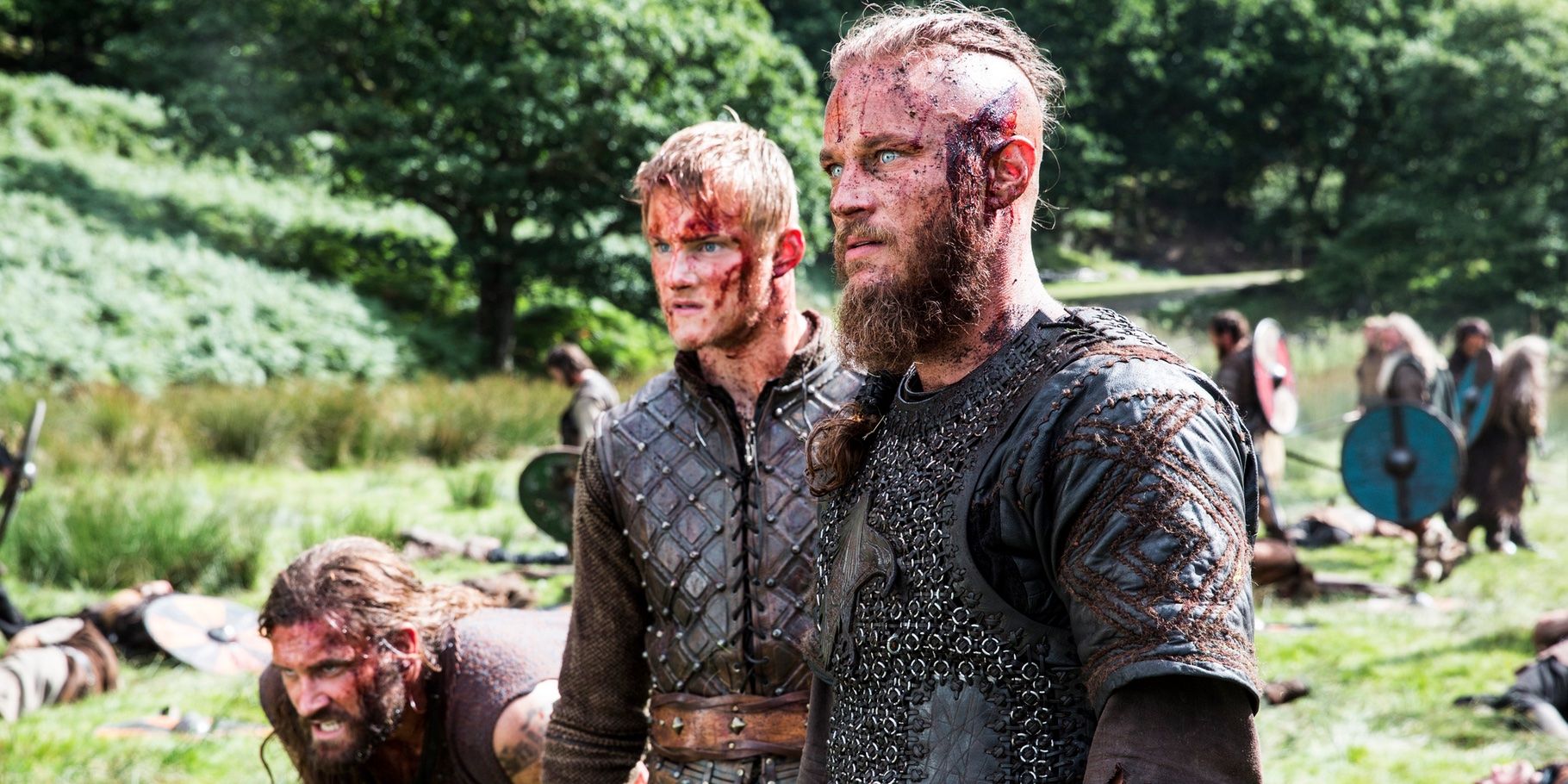
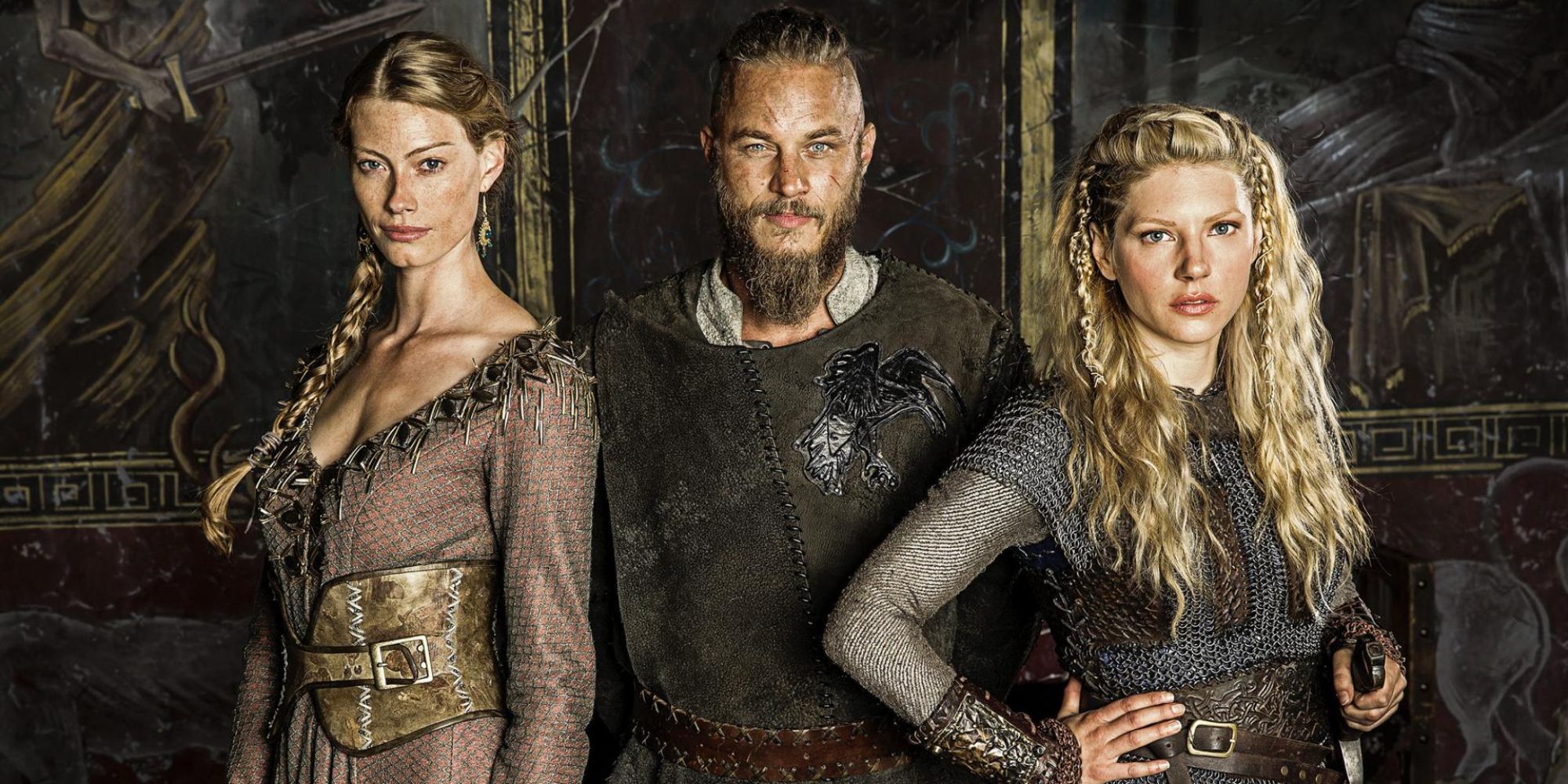
Everybody loves a come-up and better, even better, an epic fall, and in this respect, the first four seasons of Vikings deliver in brutally bombastic fashion with plenty of gore and sex. And so the audiences are given Ragnar, with chiseled good looks and his ice-blue eyes, he is a sexy but tough protagonist whose foresight and ability to inspire loyalty in others is something to be admired. His vision of going West is nothing short of prophetic, and when this great idea is laid before his Jarl and summarily turned down, the resulting rivalry inspires a desire in the audience to see Ragnar succeed. Ragnar’s desire to go west is a divine inspiration, it is not one he makes out of a desire for power. Ragnar does not want to lead, and this is what makes him the perfect leader, and a great character. The Jarl’s ego and desire to maintain his own power appear detestable against Ragnar’s altruism.
Add to this mix the ferocity of his character and the brutality with which he fights alongside his men. He is a man who inspires loyalty through action and by deed, instead of moving about in the shadows playing politics like the Jarl. The Jarl, decadent and corrupt and in love with his own power by contrast, seems a likely villain, an obstacle in the way of Ragnar’s divinely ordained and seemingly inevitable rise to power. So the audience expects Ragnar to win, and he does. What transpires as a result of his fight to the death with the Jarl is an epic rise to power that is both hard-won but so satisfying to watch. Ragnar sheds buckets of blood as he carves out new territory and turns his home Village into a mighty city. His actions echo through time through the legacy of his son and his death is a major turning point in the series.
Why Was Ragnar So Important to ‘Vikings’?
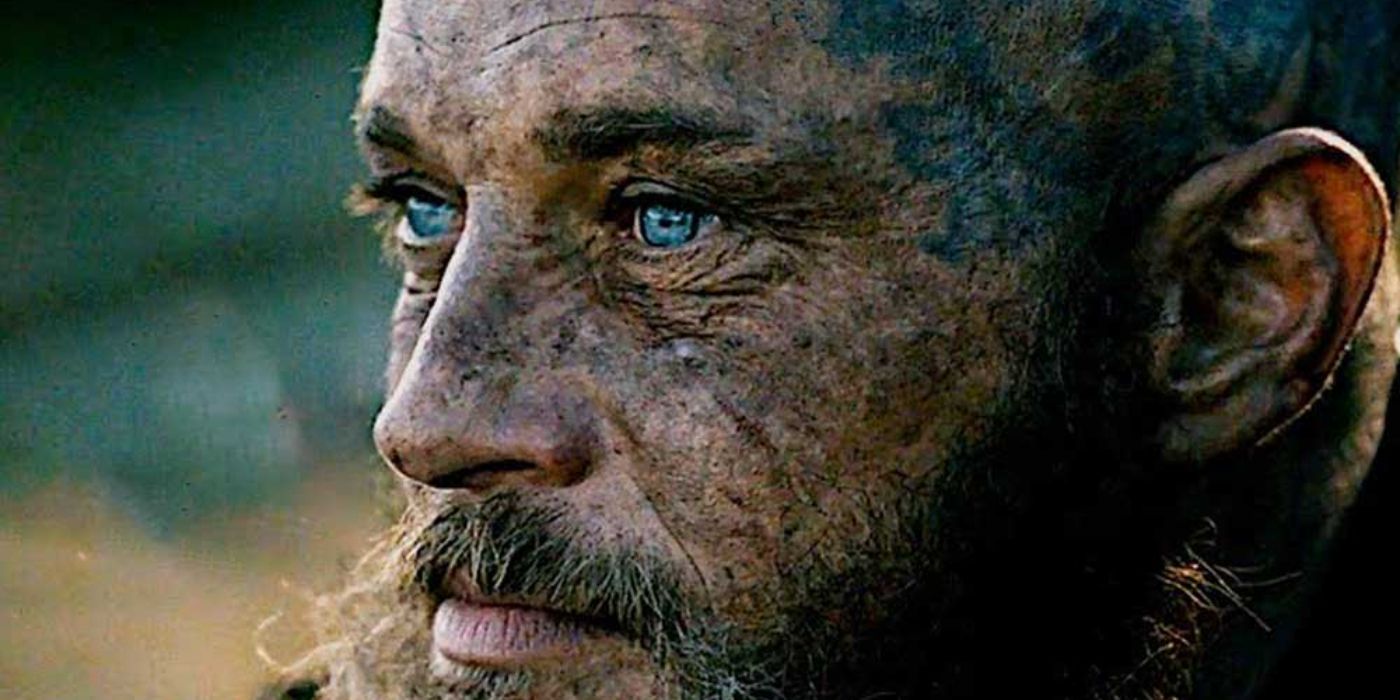
Ragnar was an underdog that everybody wanted to win and, in some ways, the best parts of Ragnar’s character are found in his son, Bjorn. But Bjorn is not an underdog in the same way as his father was. Ragnar had to earn his acclaim, whereas his sons are able to claim themselves as a “Son of Ragnar,” a burdensome title for any child, because Ragnar’s shoes are just too big to fill. Ragnar is an important character because without him there is no show. There are no subsequent seasons that follow that family dynasty. It is the rich history of the show, rooted in Ragnar’s arc that makes him such an essential character and one who audiences can’t help but miss.
Spurned on by visions of the Norse god Odin standing on a shoreline, Ragnar puts together a crew consisting of Lagertha, his brother Rollo (Clive Standen), his half-crazy pal Floki (Gustaf Skarsgård), who is a gifted ship-builder, and together they sale west. The gambit pays off, and the raids are successful, but this challenge to the Jarl’s supremacy can’t stand, and the two end up fighting to the death in the final episodes of the first season of the show. Ragnar assumes the role as Jarl, eventually becoming king and having many sons. But power, as Ragnar so aptly puts it, is for those who stoop low enough to pick it up. Power corrupts the farmer turned king. He has an affair with Princess Aslaug (Alyssa Sutherland). In the end, with his family divided, sick and insane, Ragnar awaits death by viper pit as he dangles helplessly in a cage. His death marked a shift in focus from the rise and fall of Ragnar, and while the story remains both brutal and compelling after this point, it would never be the same.
